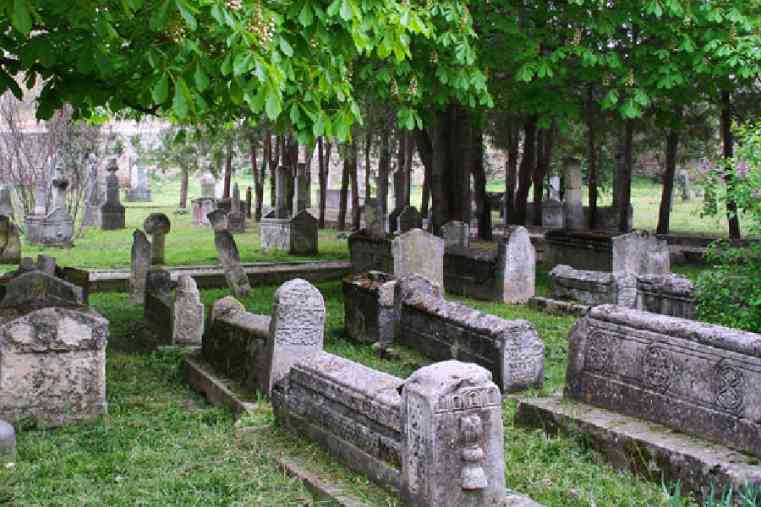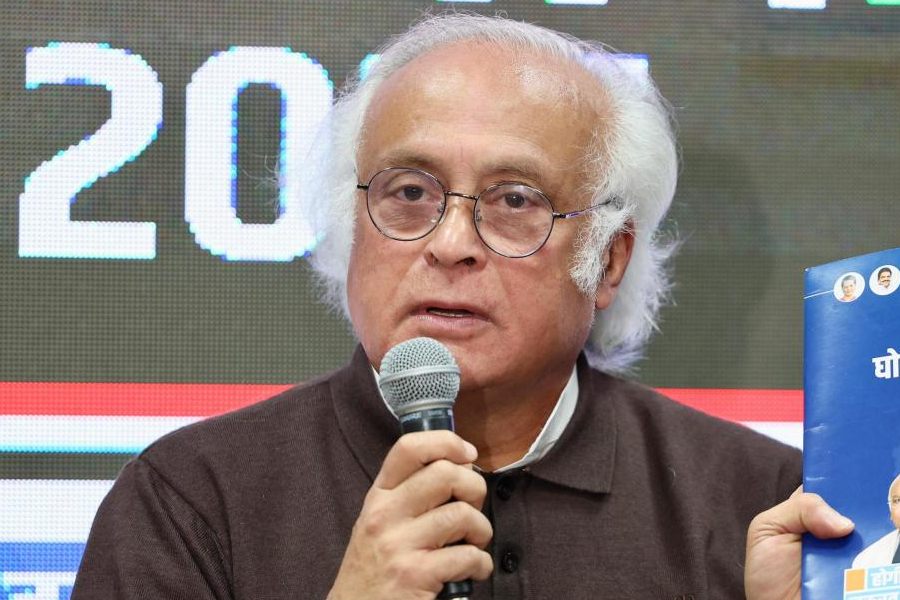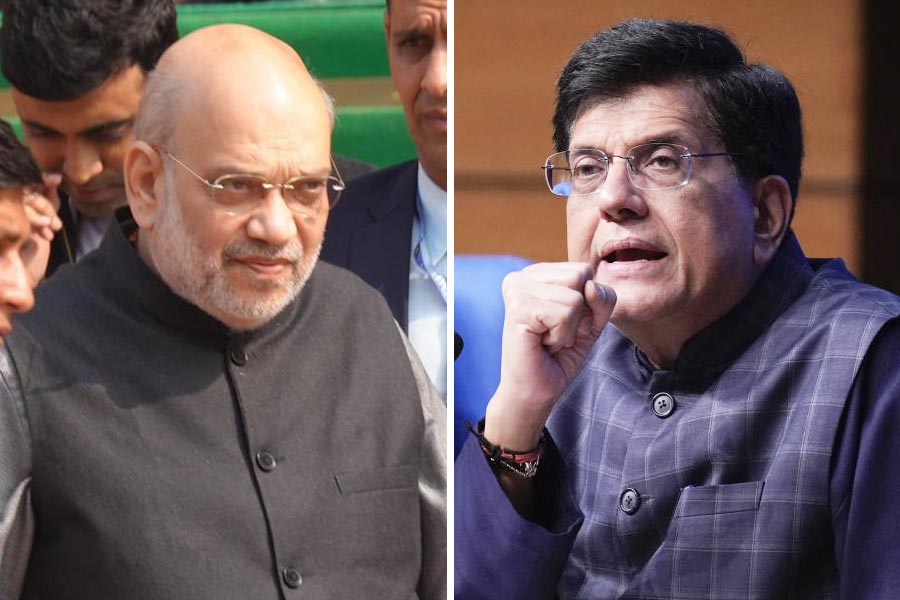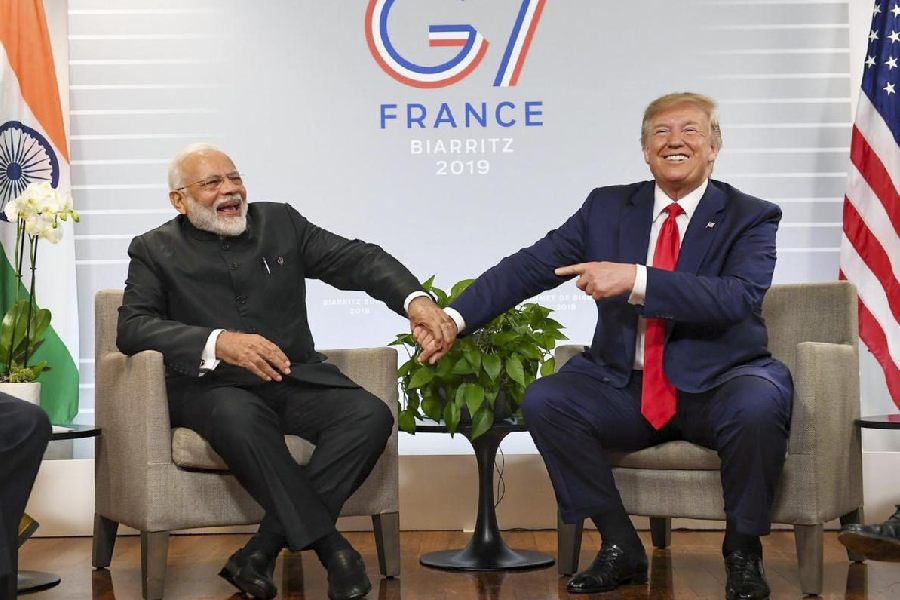As Ukraine’s cemeteries have filled with dead soldiers, a legion of war widows has been growing.
It is impossible to say how many widows this war has created because Ukraine closely guards its casualty figures. But estimates suggest they number in the tens of thousands.
The widows all have loss in common. But each copes in her or his own way.
Iryna Sharhorodska, 29, always told her husband everything. His death did not change that — for over a year, she has visited his grave daily to speak to him.
Her husband, Oleksandr Sharhorodskyi, was killed in May 2023, days before Russian forces captured the city of Bakhmut. Sharhorodska said she was haunted by questions after stumbling across a video on social media that showed medics trying to save him.
“I looked and was trying to imagine how it was for him,” she said. “What was he thinking? Was he in pain?”
Her two children — Sofiia, 7, and Tymofii, 5 — often speak about their father. The passage of time has not softened their pain.
“They say time helps, but it is not true,” she said. “I would say the opposite; it only gets worse.”
Some widows seek out assistance through support groups, which have sprung up across Ukraine to offer therapy, community and coping skills.
Natalia Zvir thought she was managing her own grief after her husband, Volodymyr, died. Worried that their four children were struggling, she joined a support group for their sake. There, she realised that she “really needed help, too”.
One Friday in April, Zvir sat with around two dozen women and their children at a group therapy retreat hosted by the Unbroken Mother project in Morshyn, Ukraine.
“We get close with those who share similar pain and give each other advice,” Zvir said. There was bubble blowing, breathing exercises, doll making, story sharing — and tears.
“I cried all through the first session, and by the third session, I was crying only at the end,” she added. “I think this is positive change.”
Viktoriia Zavhorodnia was six months pregnant when her husband, Oleksandr, was killed in March 2023.
“I don’t know how I survived that period,” Zavhorodnia said. “I don’t remember that spring very well. I was in some kind of stupor, and it was so difficult.”
She went back to her work as an interior designer after only five days, seeking a distraction from the pain.
She joined a support group called My Love, I’m Alive in the southern Ukrainian city of Zaporizhzhia.
She still mourns the loss of her husband and the dreams they had shared — for a big house, a big family. But she is grateful for her son, Roman, now a toddler.
Support groups, though, are not for everyone. Many people find it easier to process their loss alone — or at least try to.
Anastasiia Blyshchyk coped with the death of her fiancé by joining the Ukrainian Army and becoming a press officer in the 47th Brigade. That brought Blyshchyk, 25, into a world she had known largely through her beloved Oleksandr’s video calls from the front line.
“I really started feeling better as I understood that I was useful but also was surrounded by people who live with war,” she said.
Yulia Zmiyevska, 35, said she struggled to keep up her day-to-day routine after the death of her husband, Anton.
“It feels like a Shahed drone hit me and burned everything inside,” she said, referring to an Iranian drone used by Russian forces. She tried for months to process her grief unassisted, but turned to the group My Love, I’m Alive after dark thoughts began to overwhelm her.
Among the range of emotions accompanying the loss of her husband, Zmiyevska has wrestled with guilt: Because people said she needed to carry on for her adolescent son, Kiril, but she could not find the strength. And because she miscarried after learning her husband had died.
To help process their feelings, My Love, I’m Alive asked Zmiyevska and other widows to write letters to their husbands. They folded them into boats and set them afloat on the Dnipro river.
In hers, Zmiyevska asked for her husband’s forgiveness.
“Some women lose only their husband, and I lost his baby, too,” she said as she placed her white paper boat onto the water one spring afternoon.
Like her feelings of guilt, the boat did not sail away easily. It kept getting stuck on stones near the shore.
New York Times News Service










